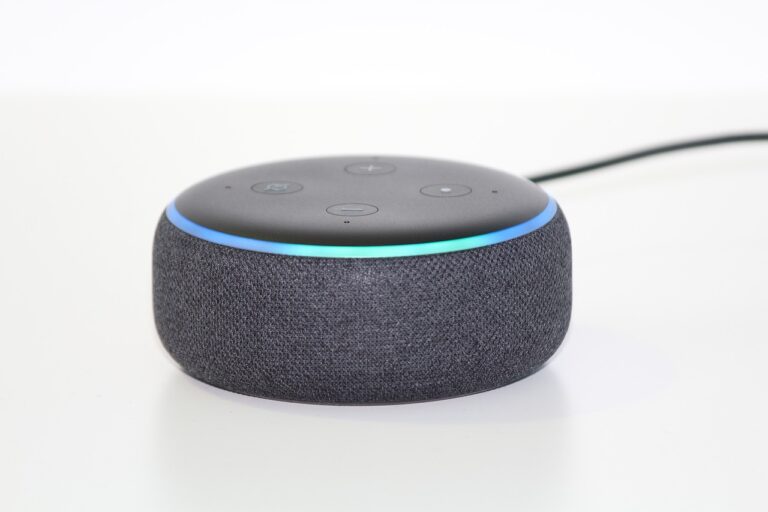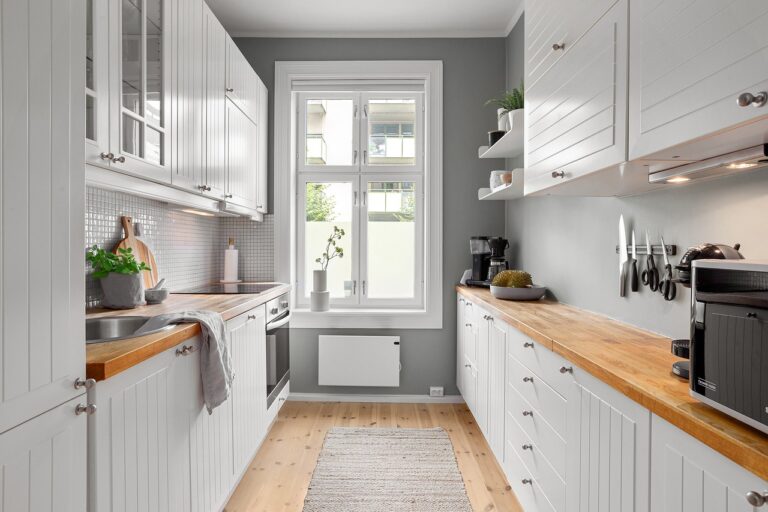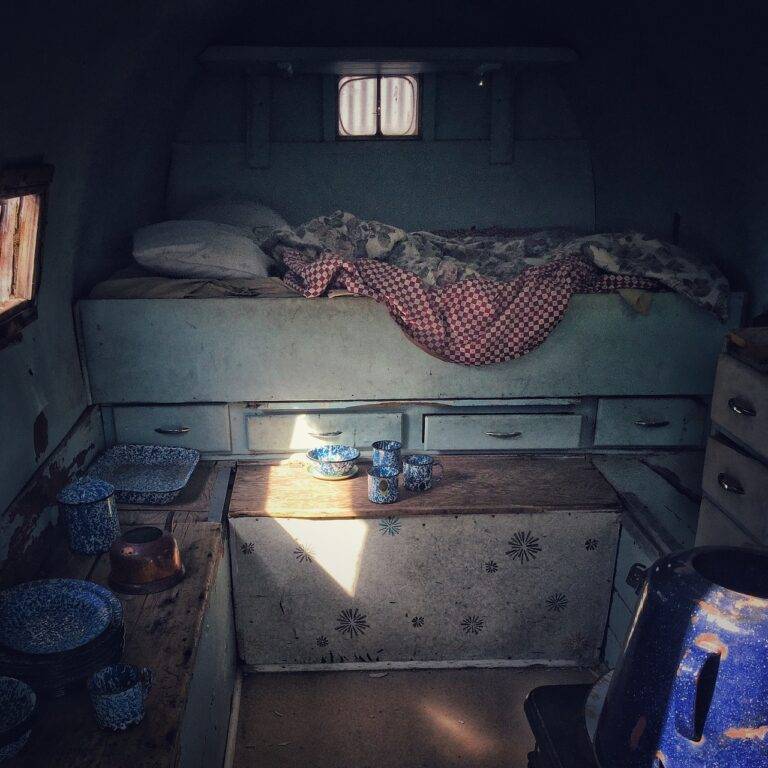Understanding Hard Water Problems: 11xplay.online login, Laser book 247.com, Tigerexch247
11xplay.online login, laser book 247.com, tigerexch247: When it comes to household water, there are two main types: hard water and soft water. Hard water contains high levels of minerals, such as calcium and magnesium, which can lead to a variety of issues in your home. Understanding hard water problems is essential for maintaining the quality of your water and protecting your appliances and plumbing.
Effects of Hard Water
Hard water can have a range of negative effects on your home. Some common issues include:
1. Scale Build-Up: One of the primary problems with hard water is scale build-up. When hard water is heated, the minerals in the water can form a layer of scale on appliances like water heaters, dishwashers, and coffee makers. This scale can reduce the efficiency of these appliances and lead to costly repairs.
2. Soap Scum: Hard water can also make it difficult to lather soap or shampoo, leading to a soap scum residue on dishes, glassware, and your skin. This can make cleaning more challenging and result in spots on dishes and cloudy glassware.
3. Clogged Pipes: The minerals in hard water can also accumulate in your plumbing, leading to clogged pipes and reduced water flow. This can result in higher water bills and the need for expensive repairs.
4. Damaged Appliances: Appliances like washing machines, dishwashers, and coffee makers are more likely to break down when exposed to hard water. The minerals in the water can damage the internal components, leading to repairs or replacements.
Solutions for Hard Water Problems
Fortunately, there are several ways to address hard water problems in your home:
1. Water Softeners: Water softeners are the most common solution for hard water problems. These devices use ion exchange to remove minerals from the water, creating soft water that is gentler on your appliances and plumbing.
2. Descalers: Descalers work by using chemical agents or electromagnetic fields to prevent scale build-up in your appliances and plumbing. While not as effective as water softeners, descalers can help reduce the negative effects of hard water.
3. Filtered Water: Another option is to use a water filter to remove minerals from your drinking water. While this won’t solve all hard water problems, it can improve the taste and quality of your water.
4. Vinegar: For minor scale build-up, you can use vinegar to clean appliances like coffee makers and dishwashers. Simply run a cycle with vinegar to help dissolve and remove the scale.
FAQs
Q: How do I know if I have hard water?
A: Some common signs of hard water include soap scum, scale build-up on appliances, and difficulty lathering soap.
Q: Can hard water affect my health?
A: While hard water is not harmful to drink, it can have negative effects on your skin and hair, leading to dryness and irritation.
Q: What is the best way to treat hard water?
A: Water softeners are generally considered the most effective solution for hard water problems, but there are other options available depending on your needs and budget.
By understanding hard water problems and taking steps to address them, you can protect your home and appliances from the negative effects of mineral-rich water. Whether you choose a water softener, descaler, or filtered water, there are solutions available to help you enjoy clean, fresh water in your home.







